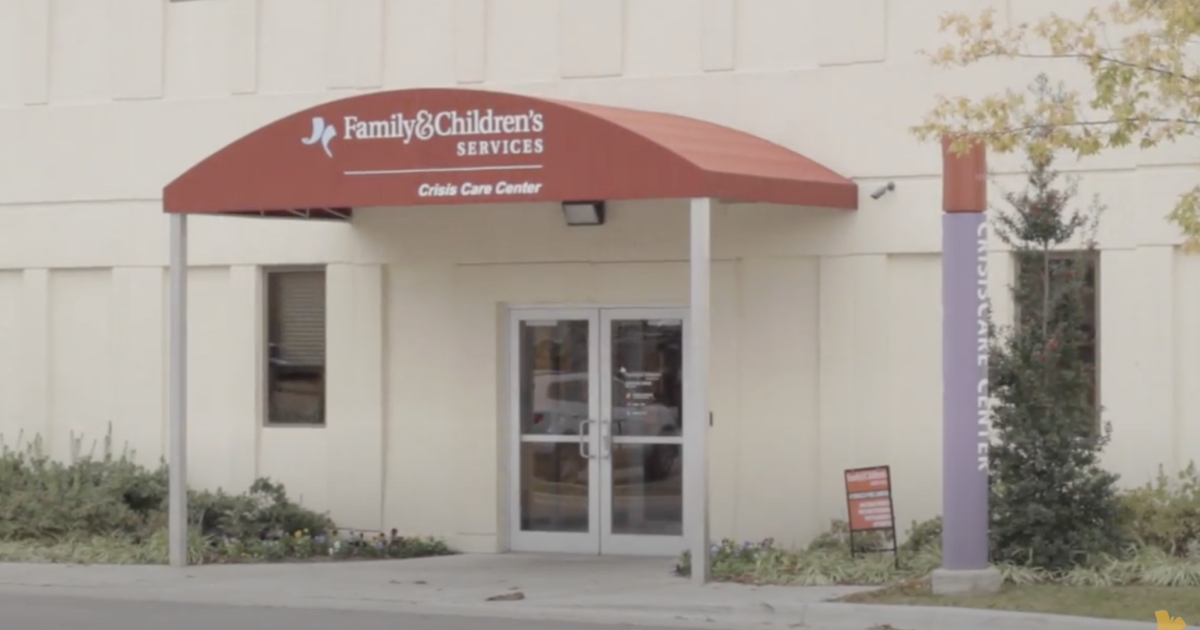The Oklahoma Department of Mental Health has temporarily reinstated funding for Tulsa’s mobile mental health crisis team, COPES, following an abrupt announcement that funding for two programs was at risk. The COPES program, which integrates mental health services with emergency response, will receive financial support through the end of the fiscal year in June 2025.
This decision comes after Family & Children’s Services, the organization operating COPES, reported that state funding was set to be cut. COPES, which collaborates with local police, firefighters, and paramedics, plays a vital role in addressing mental health emergencies. By directly responding to 911 calls related to mental health issues, COPES clinicians help alleviate pressure on first responders who may lack specialized training in mental health crises.
Allie Friesen, commissioner of the Oklahoma Department of Mental Health and Substance Abuse Services, emphasized the importance of COPES in her statement. She noted that the program’s integration with emergency services makes it essential for community mental health support. Friesen stated, “COPES has been identified as a vital and distinct service due to its integration with 911 and first responders.”
While COPES will continue to receive $895,000 in annual state funding, the Tulsa CrisisCare Center, another vital initiative under Family & Children’s Services, is still facing a loss of approximately $1.7 million in state support, effective April 17, 2025. This loss raises concerns about service continuity for individuals in need of mental health care in the region.
Family & Children’s Services expressed relief over the temporary restoration of COPES funding while remaining apprehensive about the impending cuts. They stated, “We are doing everything possible to avoid disruption of care, but the news of a funding pause is concerning. We were relieved to hear a portion of our funding had been restored at least through the end of the fiscal year; however, we are still uncertain about the broader losses of funding.”
The funding cuts are part of a broader effort by the Oklahoma Department of Mental Health to eliminate overlapping services. Friesen indicated that the department is trying to reduce spending on services that duplicate those offered by the 988 Mental Health Lifeline and mobile crisis teams, which are primarily supported by federal funding. However, questions remain about which specific services provided by the CrisisCare Center are deemed redundant.
Additionally, the department has stated that no new funds will be distributed to its partner health clinics until they submit spending reports, as a response to a $43 million budget shortfall. This financial strain has left many mental health providers and their clients facing uncertainty.
The restoration of COPES funding, albeit temporary, highlights the ongoing challenges and complexities in sustaining mental health services in Oklahoma amid budget constraints and shifting funding priorities. As the state continues to evaluate its mental health support strategy, the implications of these funding decisions will likely impact the accessibility and quality of care for vulnerable populations.



